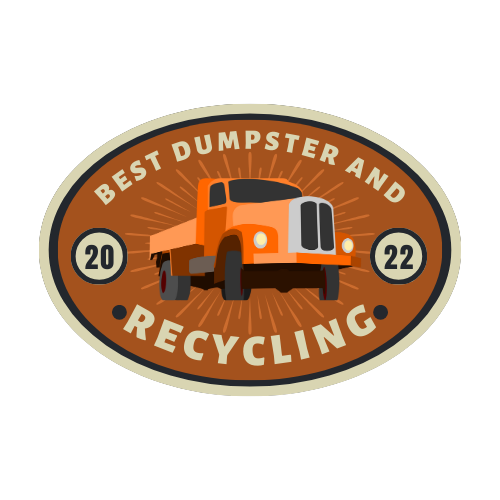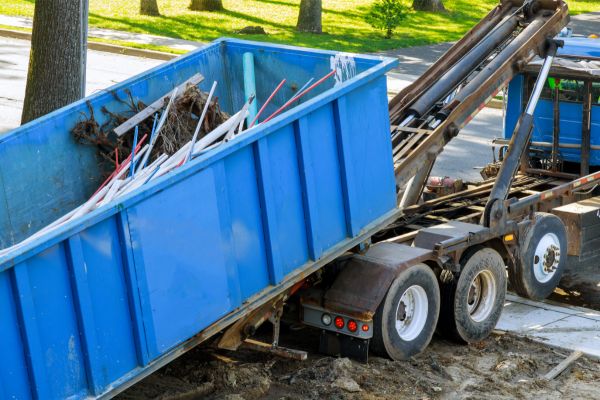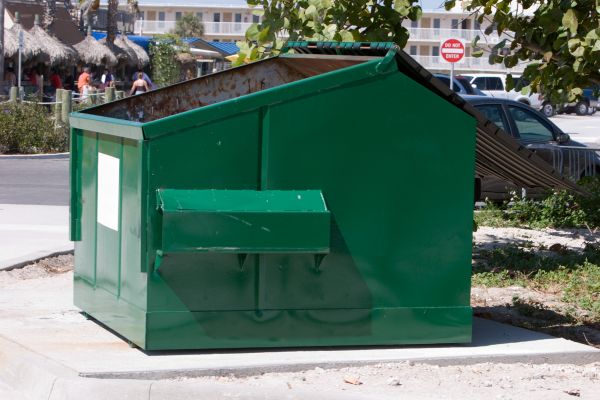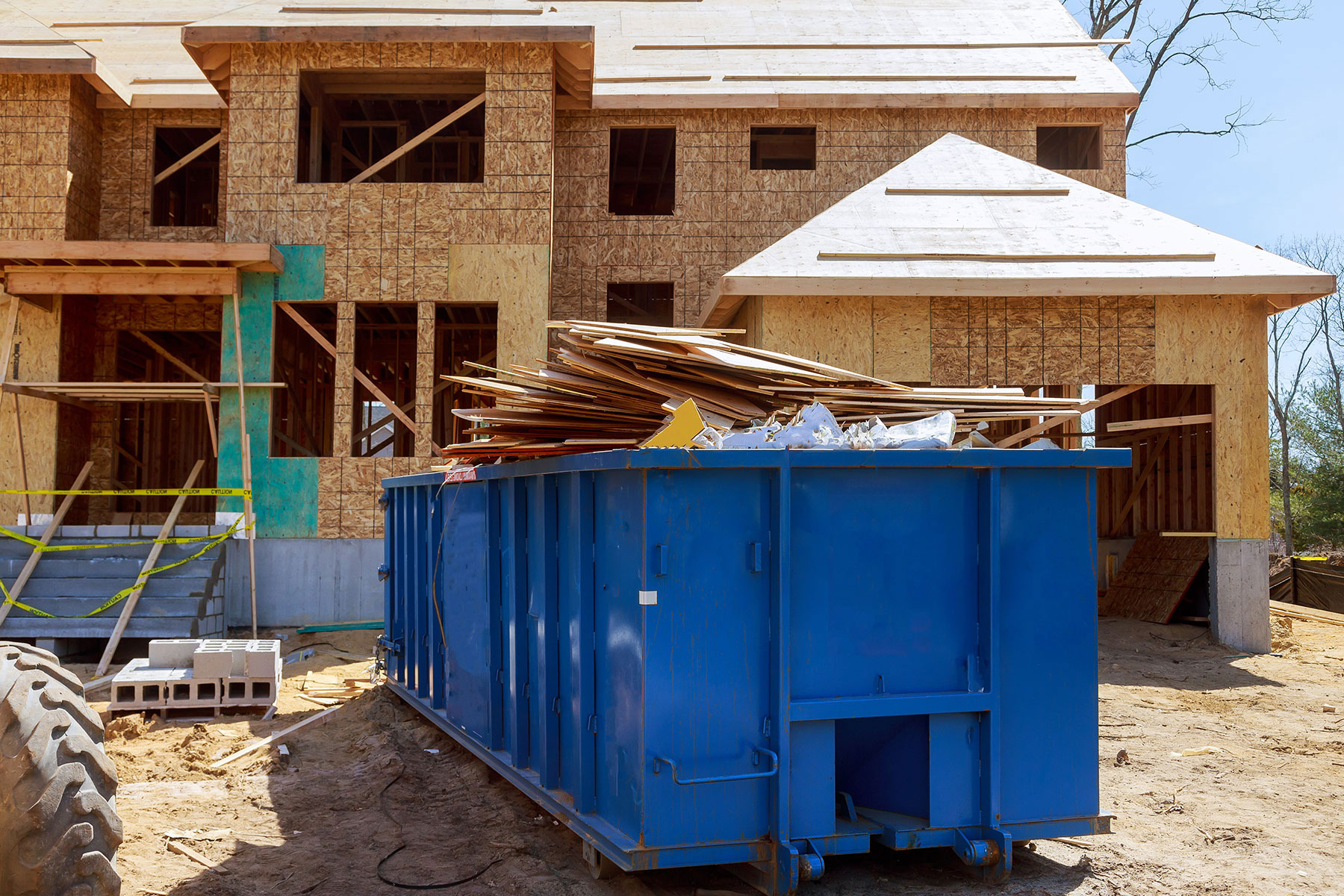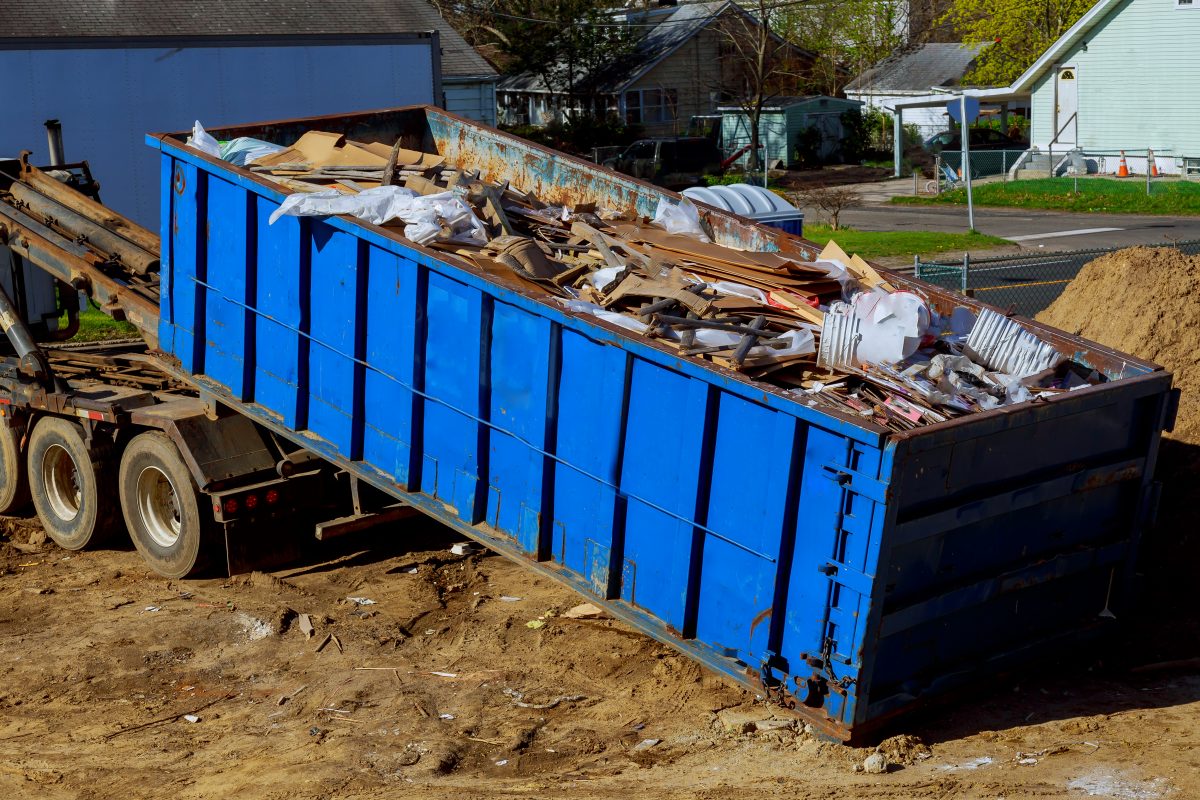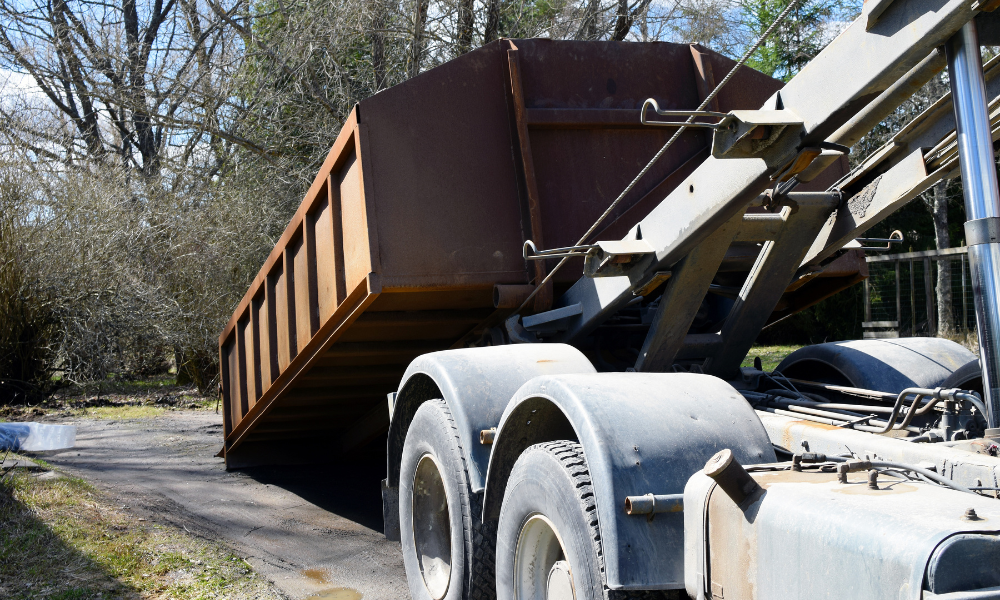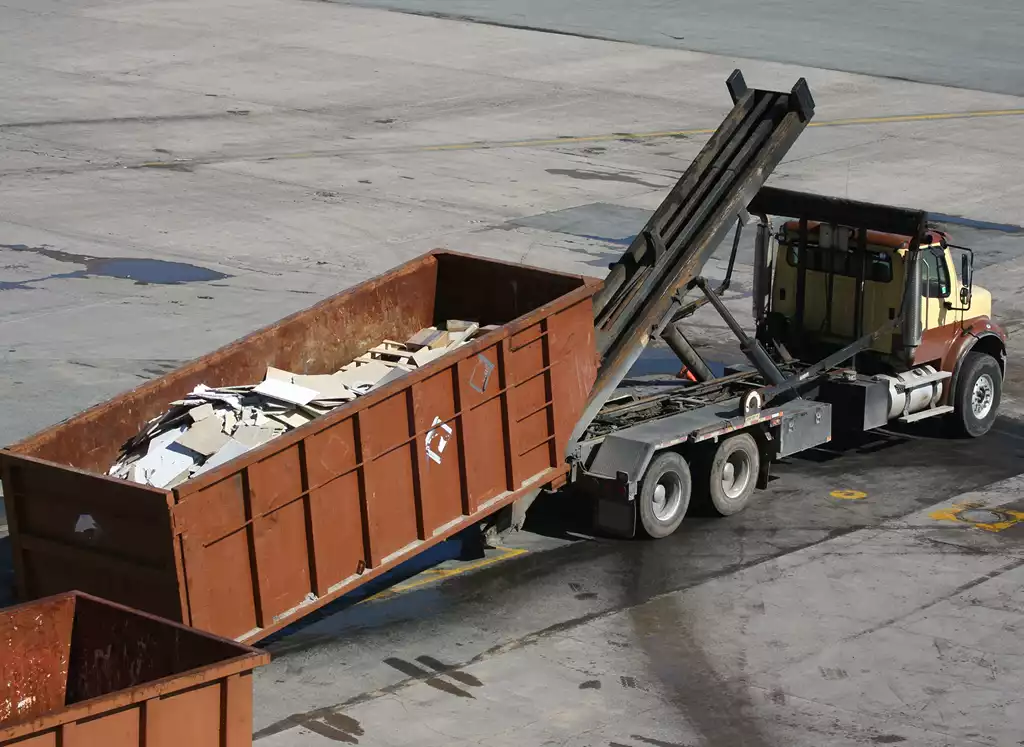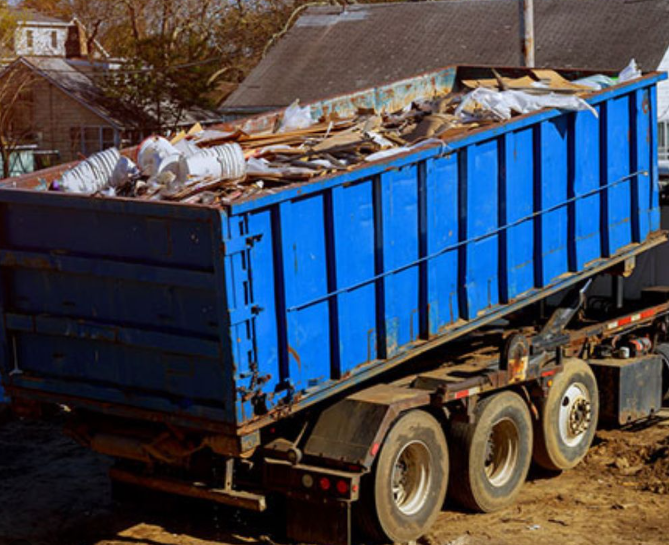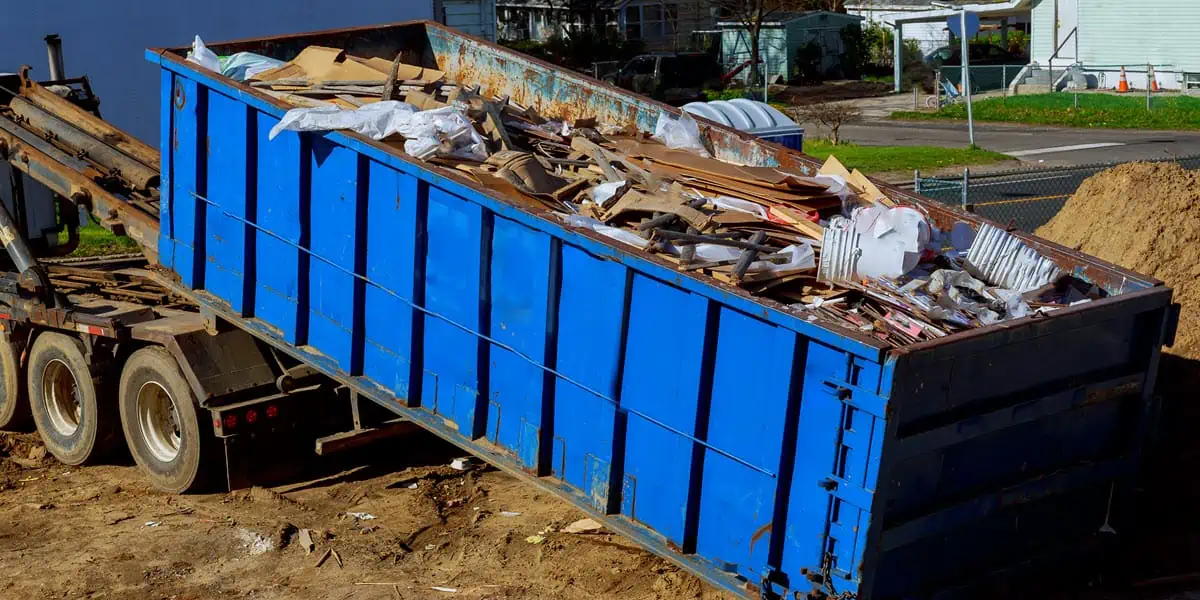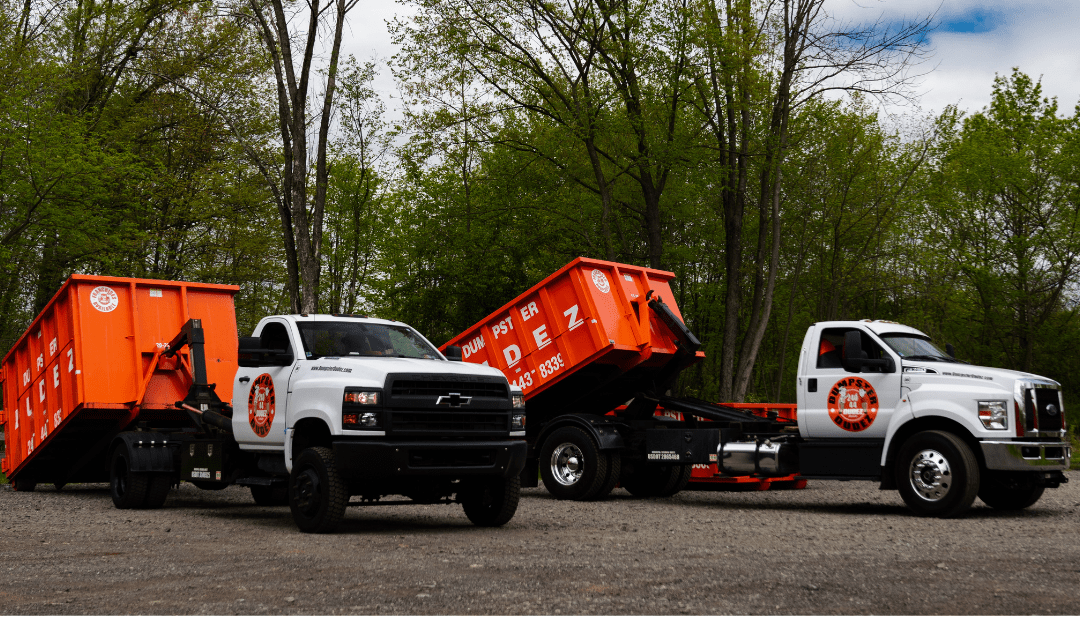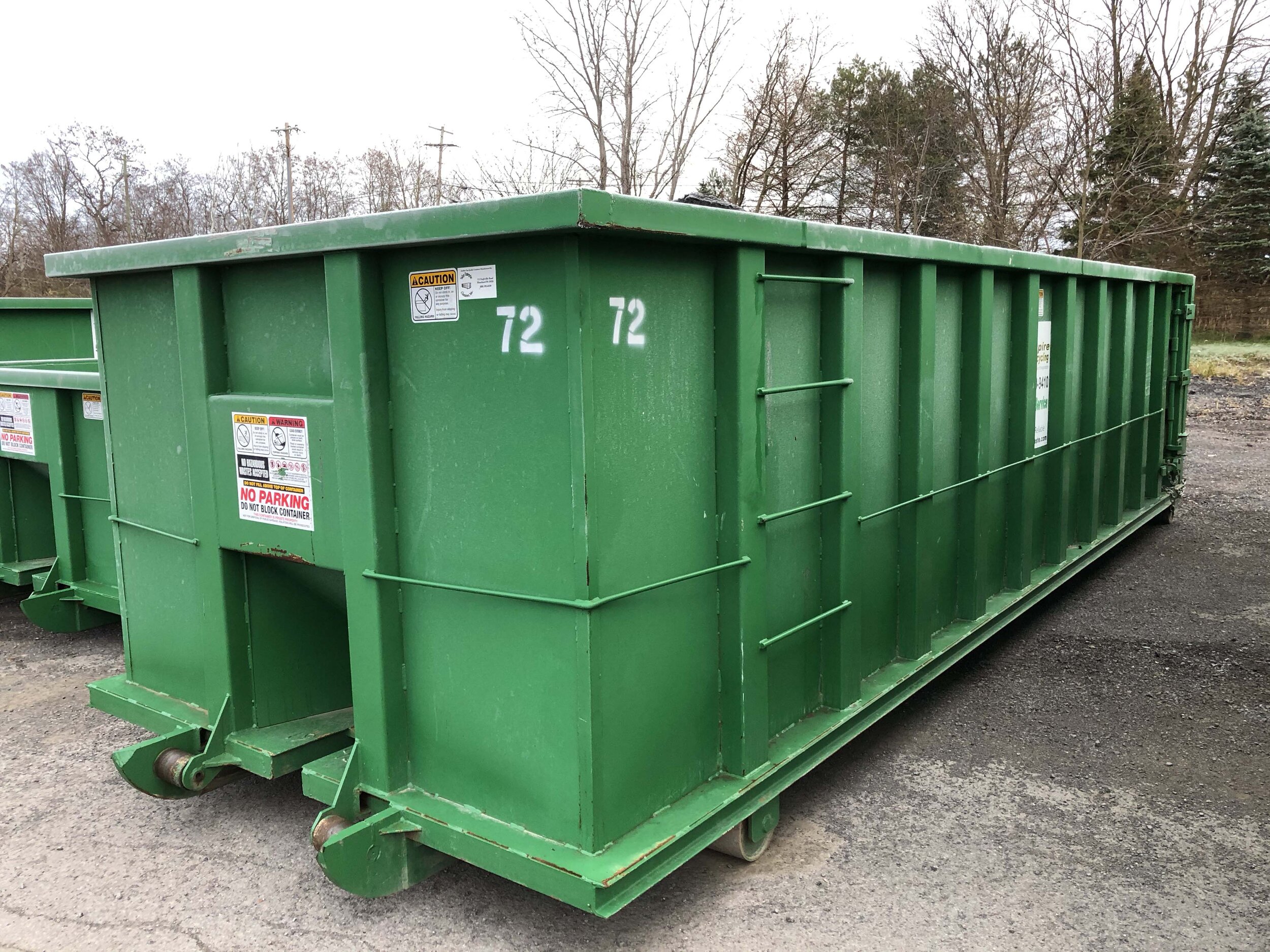Roll-off dumpsters are essential for efficient waste management, whether it’s for a construction project, a home renovation, or a large-scale cleanout. However, understanding the pricing associated with these dumpsters can often feel like navigating a maze. In this blog, we’ll delve into the intricacies of roll-off dumpster pricing, what factors influence it, and most importantly, how you can save money while renting one.
Understanding Roll-Off Dumpster Pricing
Roll-off dumpster pricing isn’t straightforward; it’s influenced by various factors. The size of the dumpster, the duration of the rental, your location, and any additional services you may require all play a role in determining the final cost.
- Factors Influencing Pricing
- Dumpster Size: Larger dumpsters typically cost more to rent.
- Rental Duration: Longer rental periods often come with higher costs.
- Location: Prices can vary depending on your geographical location and local regulations.
- Additional Services: Services like expedited delivery or special waste disposal may incur extra charges.
- Typical Pricing Structures
- Flat-Rate Pricing: Some companies offer flat-rate pricing, where you pay a fixed fee regardless of usage.
- Variable Pricing: Others may charge based on the weight of your waste or the amount of space used.
- Hidden Fees to Look Out For: Be wary of hidden fees such as fuel surcharges, disposal fees, or overage charges.
Tips to Save on Roll-Off Dumpster Rentals
While dumpster rentals can seem costly, there are several strategies you can employ to save money:
- Plan Ahead
- Booking in Advance: Reserve your dumpster well in advance to secure better rates.
- Avoiding Peak Seasons: Prices tend to be higher during peak seasons, so schedule your rental during off-peak times if possible.
- Right-sizing Your Dumpster
- Assessing Your Needs: Determine the appropriate size of the dumpster based on the volume of waste you’ll generate.
- Avoiding Overestimation: Renting a larger dumpster than necessary will only result in unnecessary expenses.
- Comparing Quotes
- Getting Multiple Quotes: Shop around and compare quotes from different dumpster rental companies to find the best deal.
- Understanding the Fine Print: Pay attention to any additional fees or terms that may affect the final cost.
- Negotiating Terms
- Bundling Services: Inquire about bundling services or discounts for renting multiple dumpsters or additional equipment.
- Asking for Discounts or Promotions: Don’t hesitate to ask for discounts or promotions, especially for long-term rentals or repeat business.
Common Questions and Concerns
Before renting a roll-off dumpster, it’s essential to address any questions or concerns you may have:
- Environmental Fees and Regulations: Ensure compliance with environmental regulations and inquire about any associated fees.
- Liability and Insurance Coverage: Understand your liability and insurance coverage in case of accidents or damages.
- Proper Waste Disposal Practices: Familiarize yourself with proper waste disposal practices to avoid fines or penalties.
- Contractual Obligations and Terms: Review the rental contract thoroughly and clarify any ambiguous terms or conditions.
Takeaway
Renting a roll-off dumpster doesn’t have to break the bank. By understanding the factors that influence pricing and implementing cost-saving strategies, you can effectively manage your waste without overspending. Remember to plan ahead, right-size your dumpster, compare quotes, and negotiate terms to ensure a cost-effective rental experience.
In summary, demystifying roll-off dumpster pricing empowers you to make informed decisions and save money in the process. With the right knowledge and approach, you can streamline your waste management efforts and stay within budget.
